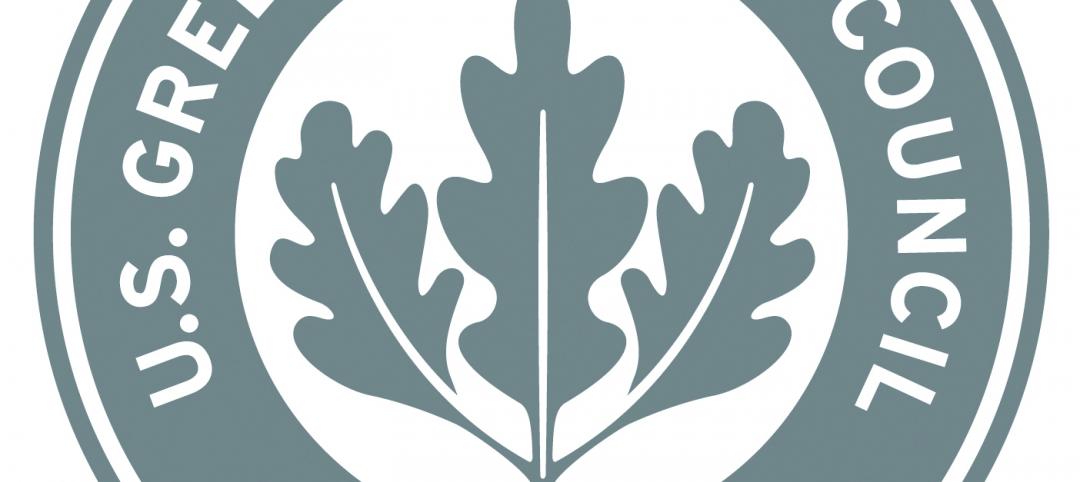The Biden Administration recently announced new federal investments in building energy efficiency and electrification, as well as new opportunities to modernize homes and businesses.
Among the initiatives is an interagency federal sustainability effort to develop the first-ever building performance standards (BPS) for the federal government. BPS will establish metrics, targets, and tracking methods to reach federal carbon emissions goals. The standards will identify progressive performance milestones as well as the resources that agencies need to meet them.
A low-carbon buildings pilot will be launched. Through the Department of Energy’s Better Buildings Initiative, DOE revealed the first 55 commercial, industrial, and multifamily organizations to participate in a program that will share lessons learned for real world pathways to low- and no-emission buildings.
The Environmental Protection Agency said it is launching new residential and commercial sector partnerships to accelerate efficiency and electrification retrofits. This program will have a focus on underserved residential households through the Energy Star Home Upgrade program, accelerate building electrification through an advanced Energy Star certification for new residential buildings, and recognize commercial buildings through a new zero-carbon commercial building certification. It will also launch a new Greenhouse Gas tool linked to its Portfolio Manager tool.
The announcement included the release of a blueprint to integrate grid-interactive buildings into Energy Savings Contracts and new Energy Star standards to advance heat pump technology and fast chargers for electric vehicles.
Related Stories
| Jan 4, 2013
Tilt-Up Concrete Association releases new temporary wind bracing guidelines
The Tilt-Up Concrete Association has released revised guidelines on Temporary Wind Bracing of Tilt-Up Concrete Panels During Construction.
| Jan 4, 2013
San Diego office tower to be America's biggest net-zero building
The 13-floor, 415,000 sf La Jolla Commons II office tower in San Diego will be the largest building in the U.S. built to the net-zero standard upon completion in 2014, according to real estate firm Hines.
| Jan 4, 2013
Manchester, England building achieves highest BREEAM rating in U.K.
One Angel Square in Manchester, England, is the highest scoring outstanding building for the Building Research Establishment Environmental Assessment Method (BREEAM) in the U.K.
| Dec 27, 2012
Pentagon eases leasing standards established in 9/11 aftermath
The Pentagon has eliminated the stringent real estate leasing standards it put into place following the Sept. 11, 2001, terrorist attacks, reverting back to a version widely used by federal civilian agencies.
| Dec 27, 2012
Google provides USGBC with $3 million grant to transform building materials industry and indoor health
Google has contributed a $3 million grant to the U.S. Green Building Council (USGBC) to help transform the building materials industry and accelerate the creation of healthier indoor environments.
| Dec 27, 2012
Former industrial French city reshapes itself according to ambitious green standards
Nantes has a strong commitment to address challenges such as urban sprawl and carbon dioxide emissions.
| Dec 27, 2012
New York City law tracking building energy use yields surprises
A legally mandated report that tracks the energy use of New York City's largest buildings provides details about which buildings are achieving higher-than-expected energy efficiency, such as the Chrysler and Empire State buildings, as well as those that are performing poorly.
| Dec 27, 2012
New Jersey considers green roof mandate for state buildings
The New Jersey legislature is considering a bill that would require installation of green or blue roofs on state buildings that are at least 15,000 sf.
| Dec 20, 2012
AIA’s Healthier Communities Through Design showcases local policy initiatives
The American Institute of Architects released Local Leaders: Healthier Communities Through Design, a report that demonstrates the power of architecture to improve public health with policies that promote active living, accessibility, transit options, and better indoor air quality.















